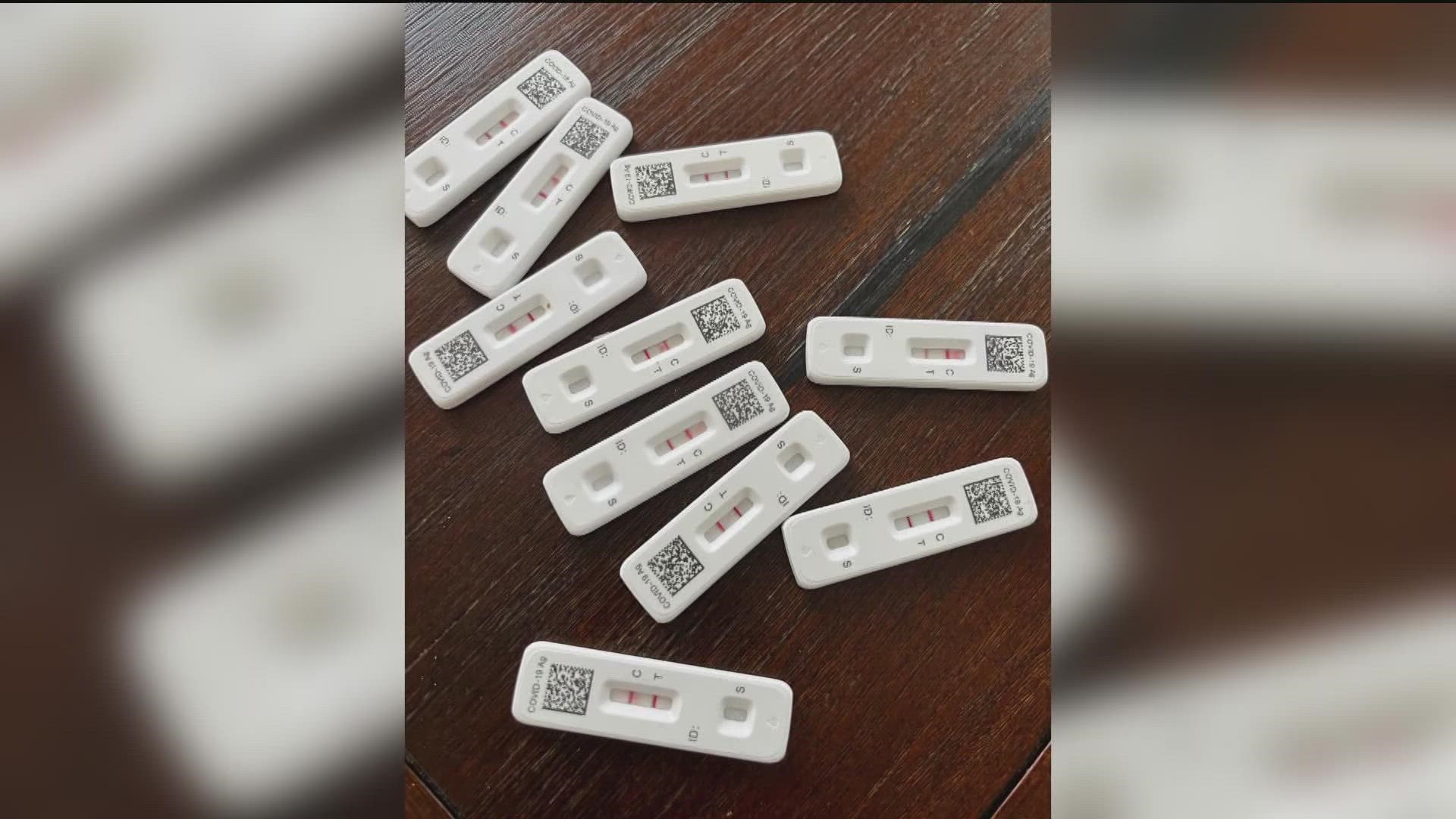SAN DIEGO — According to the most recent numbers, more than a thousand people in San Diego County are still testing positive for COVID daily.
With that, comes an isolation period that can last between five and ten days, according to the State Department of Public Health.
But, what should you do if you're testing positive beyond that timeframe?
When is it safe to go back to your normal life?
"It's never black and white," said Francesca Torriani, Program Director of Infection Prevention and Clinical Epidemiology at UC San Diego Health.
She's also a professor of medicine and member of UCSD's ID and Global Health Division.
Dr. Torriani said when it comes to this latest strain, BA.5, people are testing positive for longer periods of time.
"In the immunocompromised population that we serve in the hospital, we see the shedding going on for weeks," said Dr. Torriani.
Shedding means the virus is still in one's system.
But, there’s no guidance for someone who tests positive for that long, including from the Centers for Disease Control and Prevention.
CBS 8 asked Dr. Torriani why that is.
"Because it's part of the bell curve, and if we were monitoring for every single person that got infected we would be keeping many many more people out of action, out of work and that becomes unattainable," said Dr. Torriani.
Dr. Torriani says while there is no hard rule on the matter, it really comes down to symptoms.
If you still have any beyond day ten, continue to isolate.
If you're asymptomatic but still testing positive, it's ok to end isolation as long as you're taking extra precautions, especially around those who are immunocompromised.
"I would say if you feel good enough to go back to work, then go back to work but wear a mask. At a certain point we need to integrate and normalize it. It doesn't mean the pandemic is gone. We just have to modify our lives so we keep other people safe," said Dr. Torriani.
WATCH RELATED: UCSD program monitoring wastewater for COVID expands to track monkeypox

